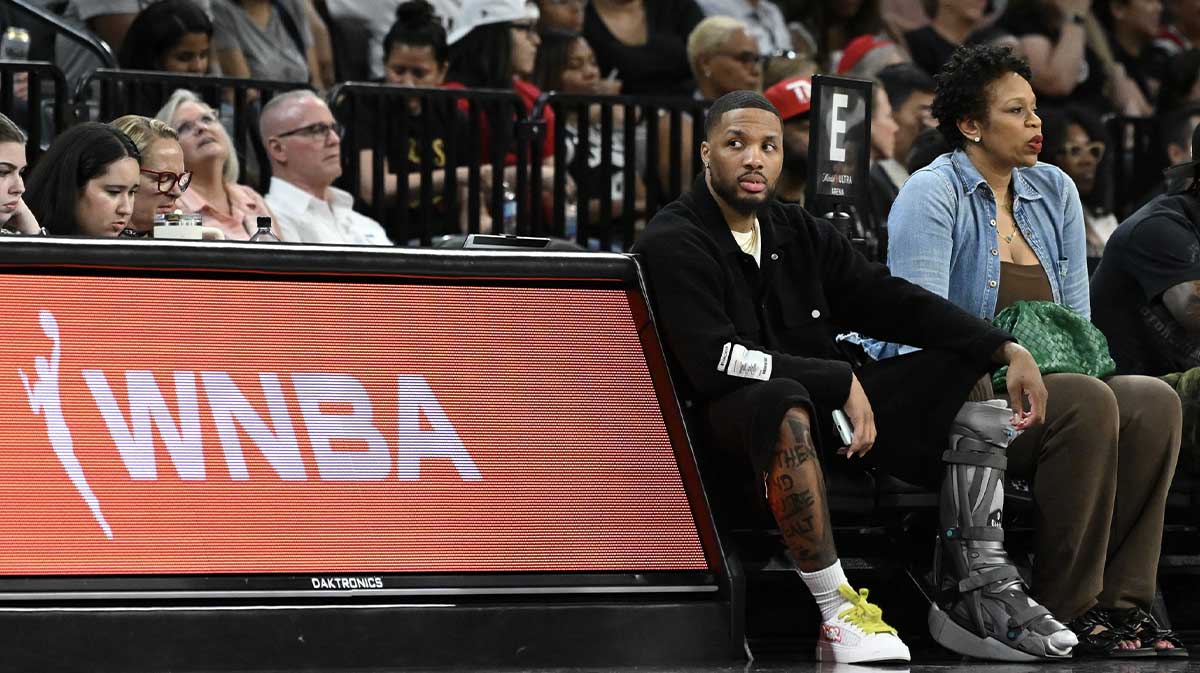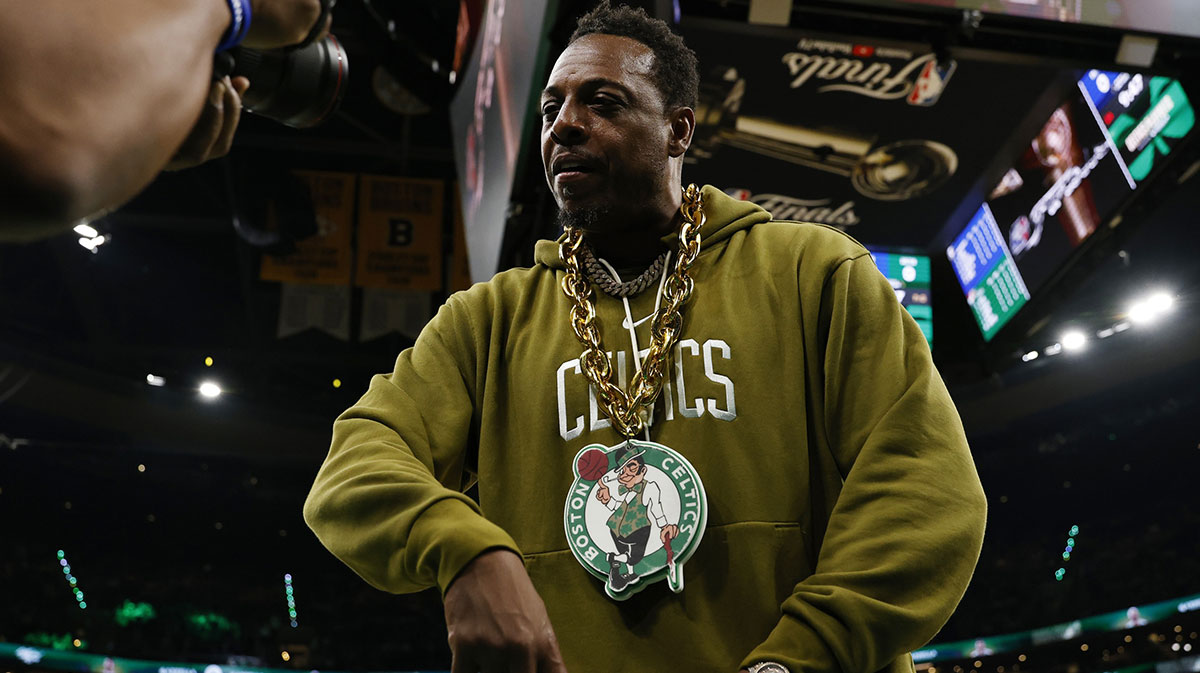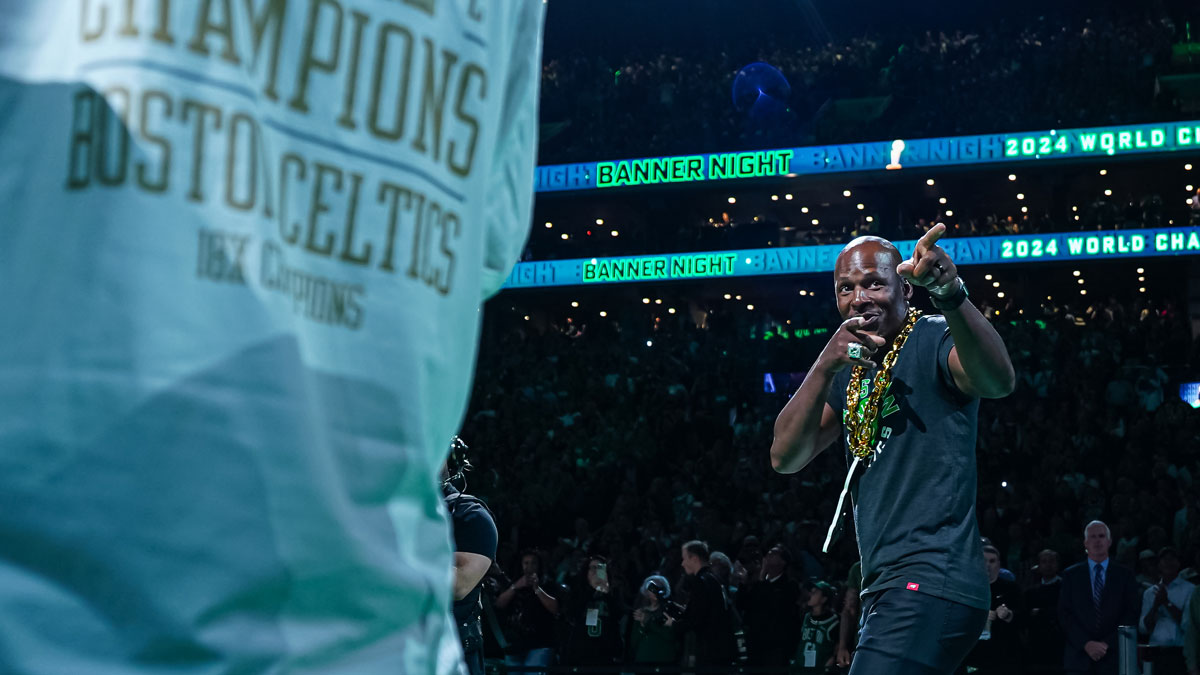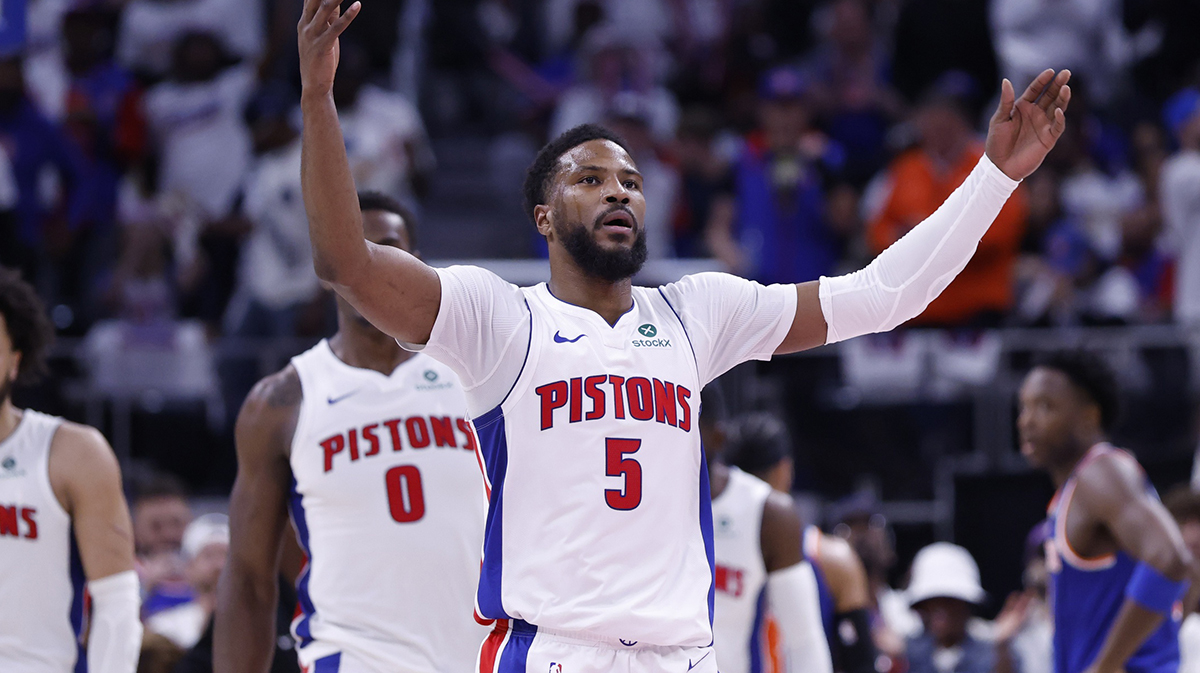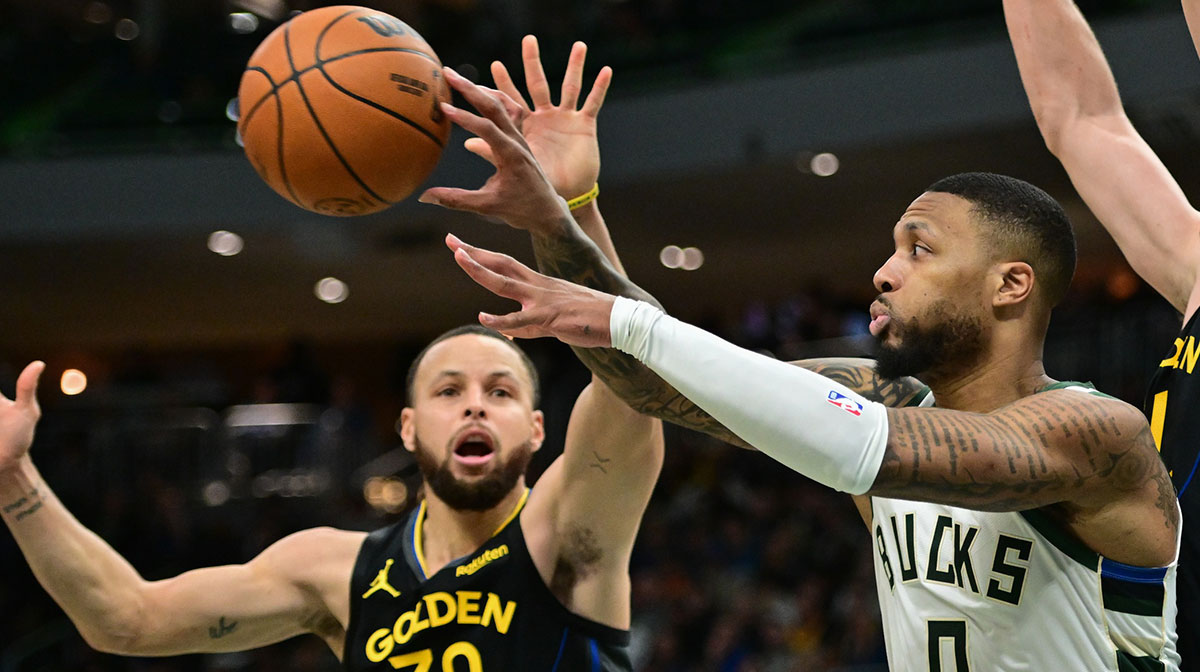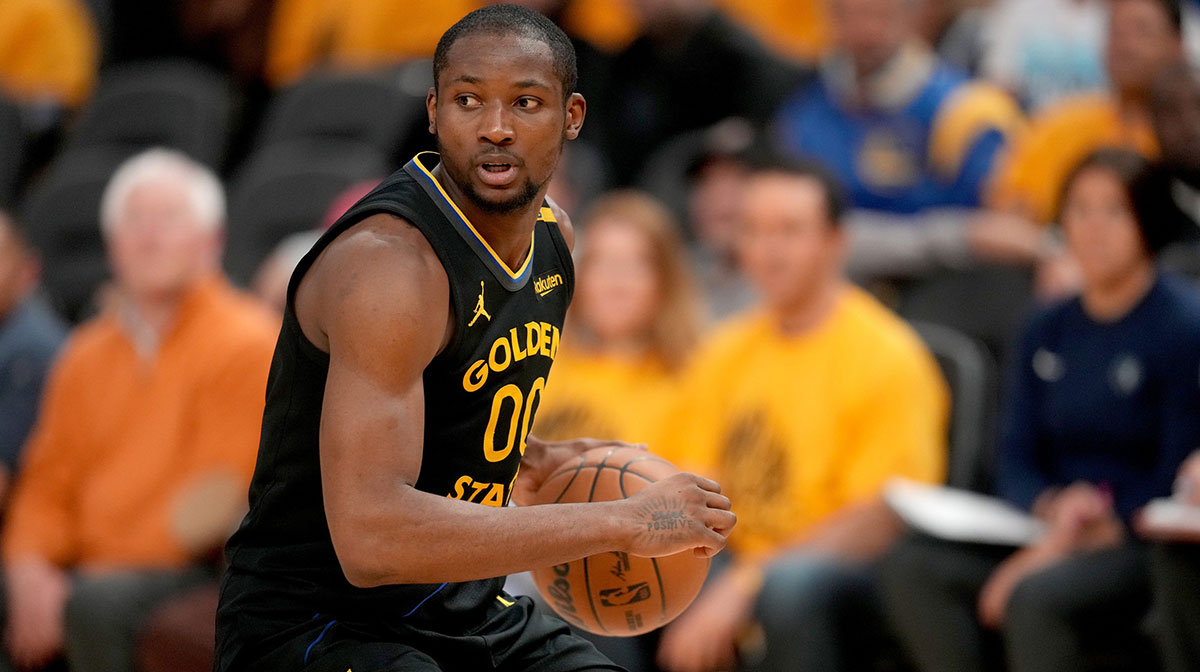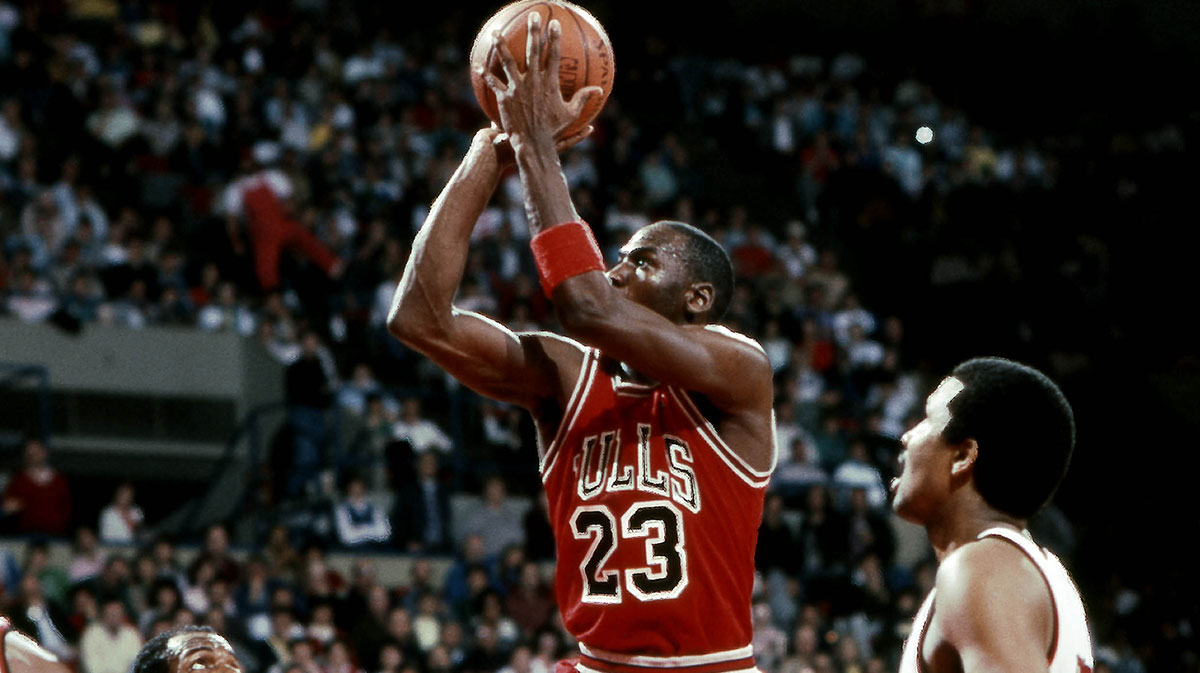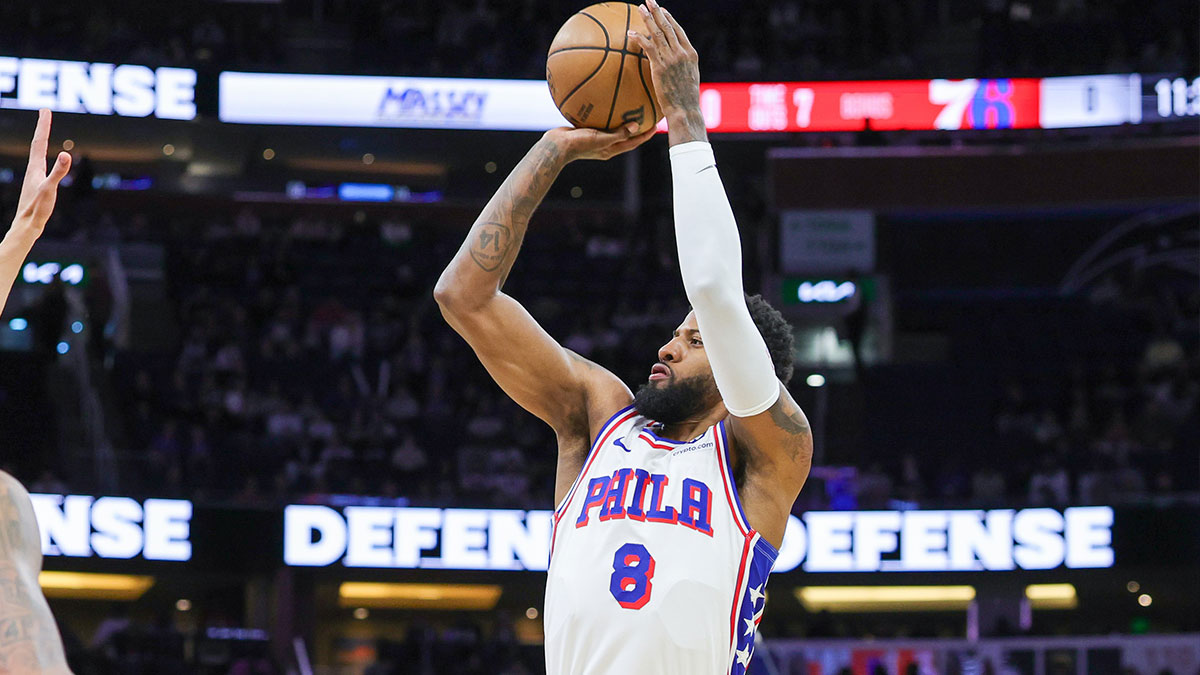A former league player, who is still widely considered the best home grown point guard to ever come out of New York City, has recently released his own documentary video to try and inspire today's young players.
The feature, with the title “Mr. Chibbs,” is a story of the life of 14-year NBA veteran Kenny Anderson. From being a molested child growing up in Lefrak City, Queens to his struggles after his professional career, the former All-Star wants to serve as a positive example to others, as well as to clean up his life in the process.
https://youtu.be/r912r9rCdT8
Anderson discussed his decision to come out with a documentary, via Ed Easton Jr. of FanSided, and talked about paying it forward to the generation.
“I see all these young kids out here being destroyed, abused, being that voice, being that celebrity, NBA player, I just sacrificed myself for someone to get saved so they can go and get help and don’t hold on to it for 30 years. That’s it, I’m just paying it forward, I feel like it’s my obligation, from 10 years old I’ve had everything because I could dribble a basketball. I wake up every morning like I was blessed.”
Kenny Anderson emotionally explains his purpose and other people's opinions of him. pic.twitter.com/gn38sH5EDC
— Ed Easton Jr. (@EdEastonJr) May 6, 2017
The 46-year-old then shared where he got the nickname Mr. Chibbs and why only the people from his hometown are allowed to call him that. Anderson also said that he will continue to do a lot of work with communities even on his own.
“Chibbs is the innocent kid growing up playing ball in Lefrak City, loving my neighborhood just innocent. It was special for my mom, she gave me that name. Mr. Chibbs is the real person, Kenny Anderson is just the basketball player who made the money, became the All-Star, had to fake a lot of things because I made it scared always politically correct for my brand. Kenny Anderson is just the mask.”
“I’ve done some stuff with the Knicks because I’m from New York for some legends things, the Nets called me last week to do some community stuff. I’m not waiting on any phone calls, I don’t want to chase nobody, I want to help but I don’t want to beg nobody to give me anything. It’s a lot of politics with who you know or don’t. I’ve got a passion to help others. If they see that then they’ll call me, I’ll do some work. If they don’t, they don’t.”
Anderson hopes his documentary will be patronized by the public and would serve as a wake up call to many not to give up on their dreams. Despite his off court troubles after retiring in 2005, he still wants to be an inspiration for others to be courageous even while facing a lot of adversity in their lives.

